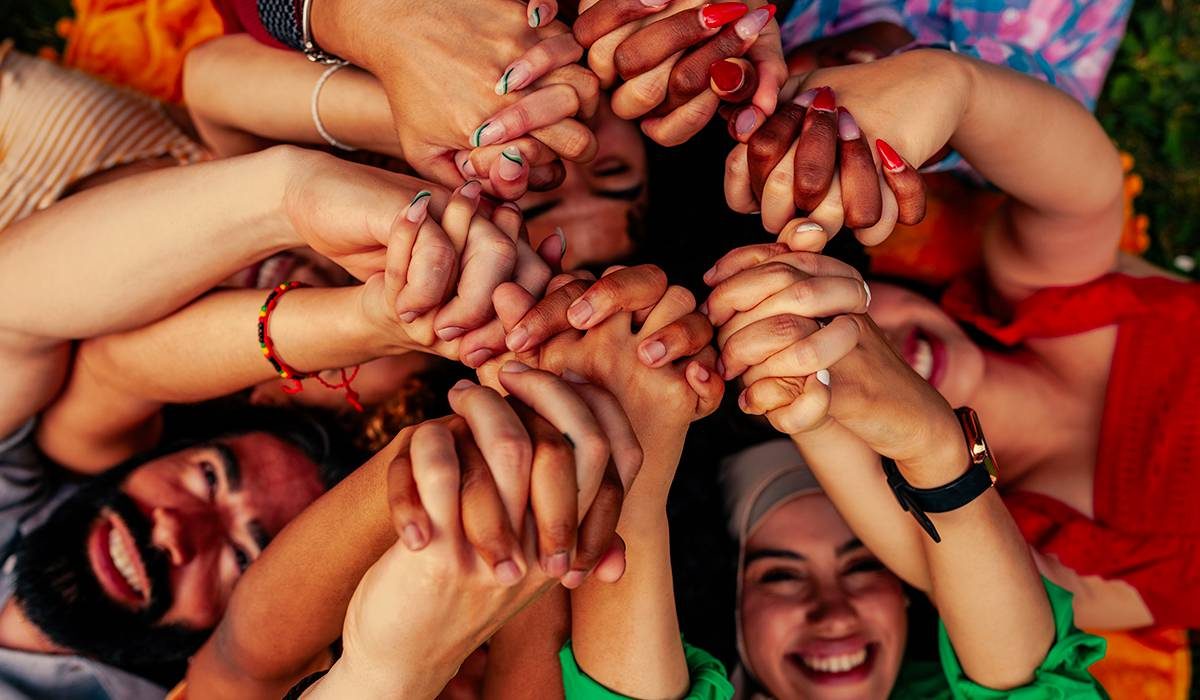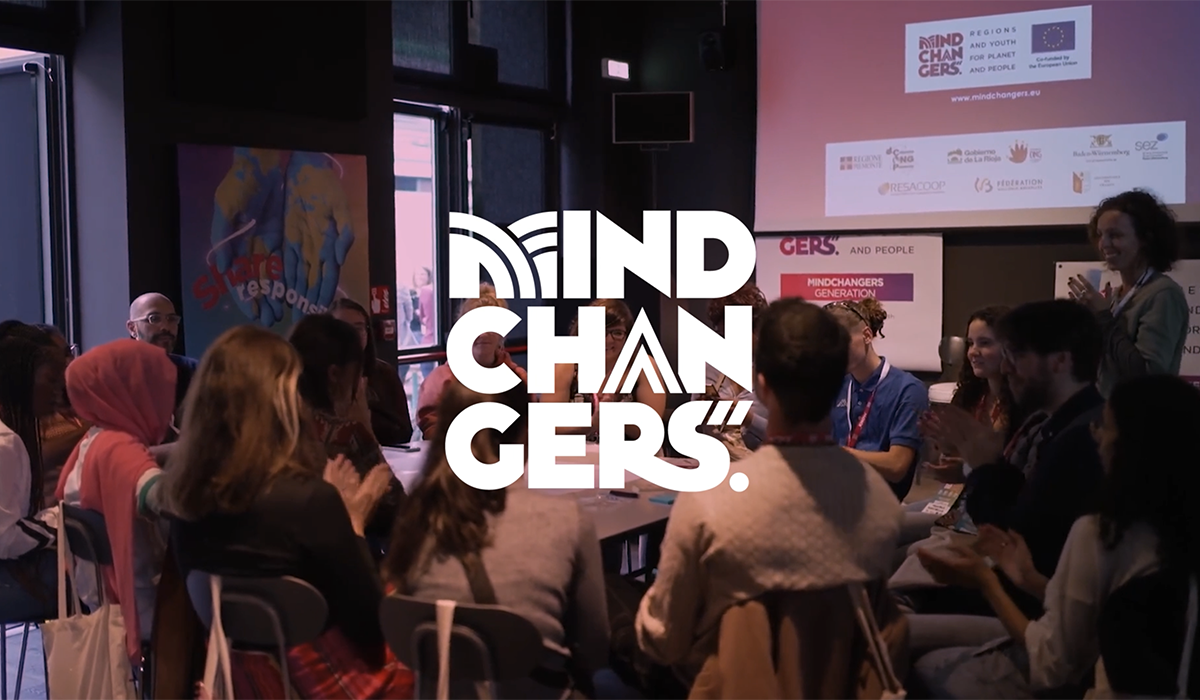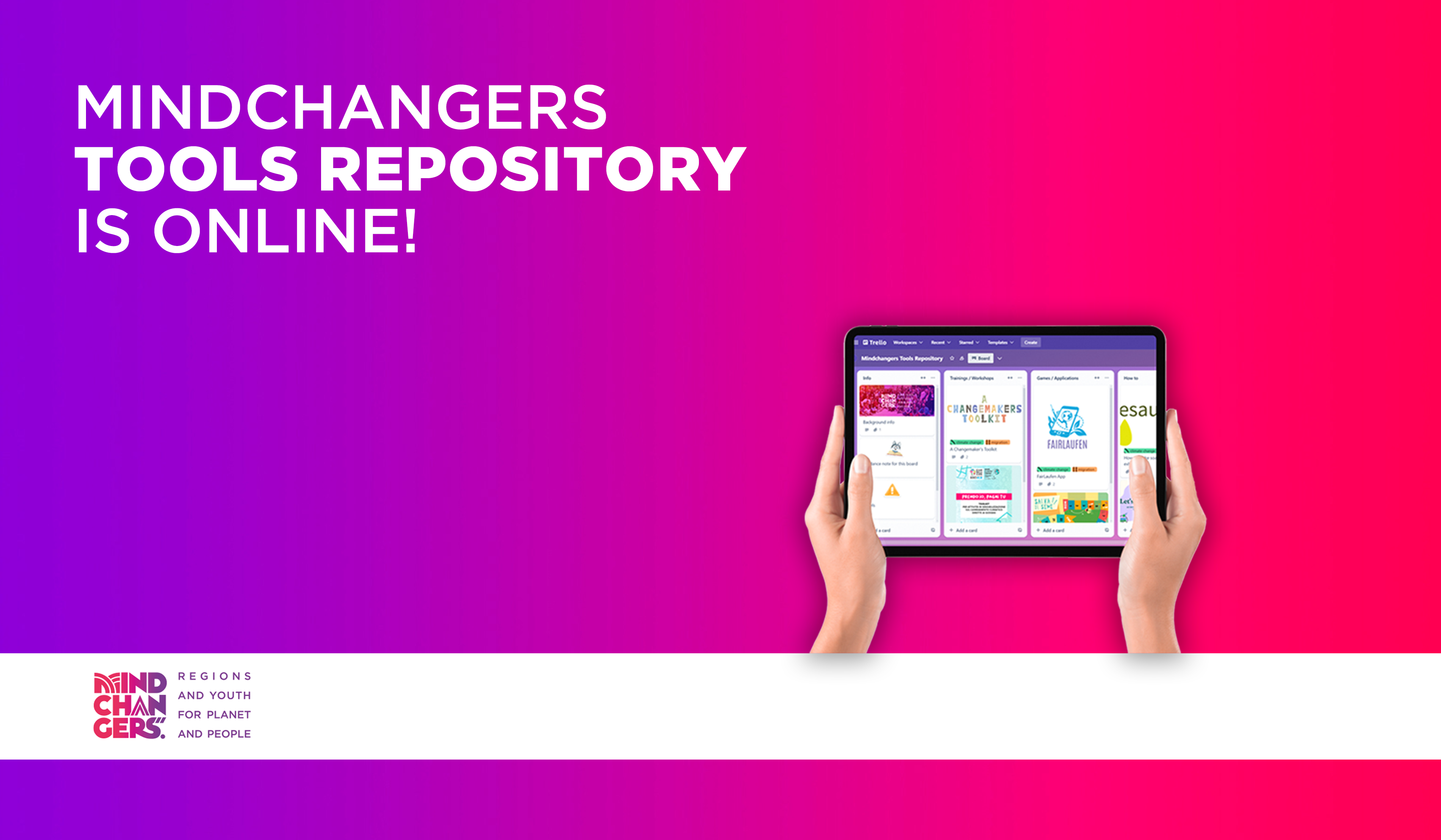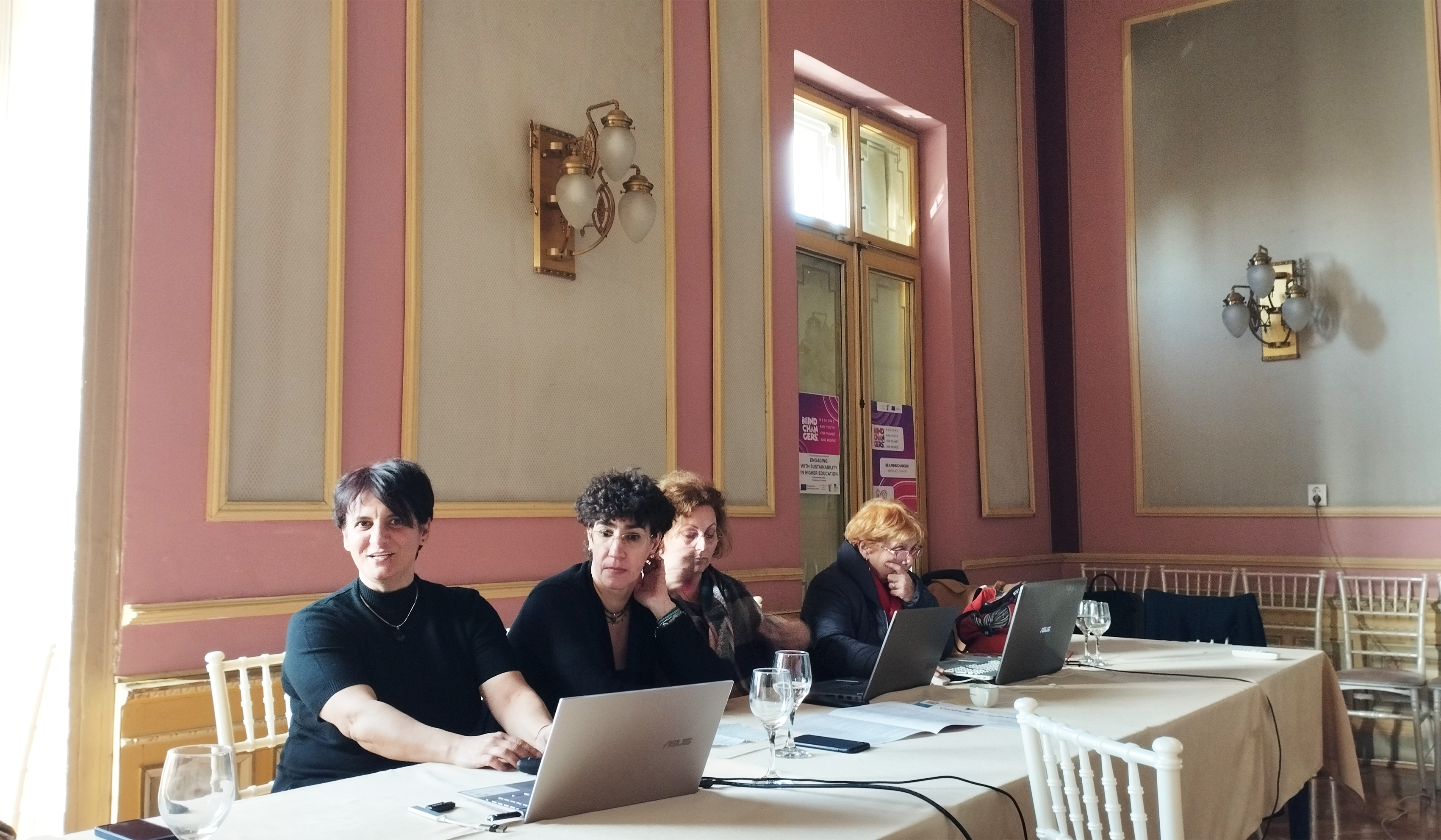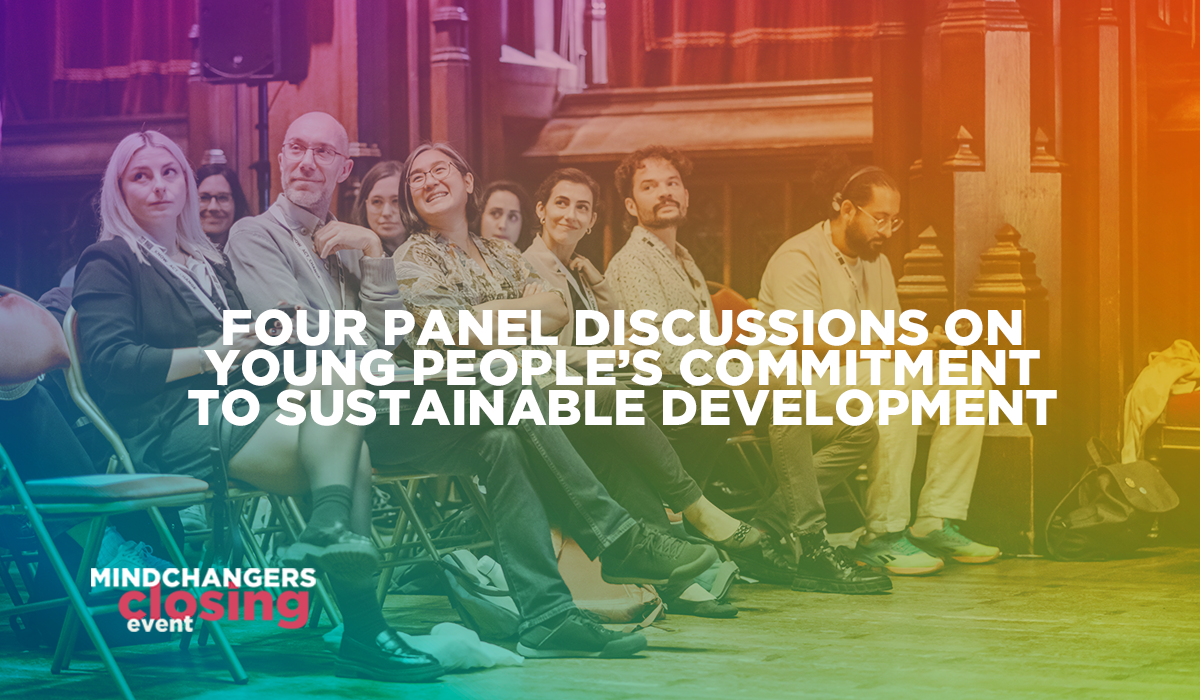Most of us consider December to be a month of beauty, generosity, gifts and harmony: the winter holidays are what make us rethink for a while our relationships with those around us, the world and the beauty we enjoy every day.
But in December we also celebrate another important day, which, in the wave of running and crowding, leaves us little time to reflect on the condition of our neighbor.
On December 18th we celebrate International Migrants Day, and now that the holidays have passed, it is important to reflect on this status, on the lives of the most disadvantaged among us, and on the methods by which we can at least contribute to creating an inclusive, generous, altruistic landscape and sympathetic to the problems of others, especially considering the fact that any of us (for various reasons) can become a migrant at some point.
December 18th was established as International Migrants Day by the General Assembly on December 4th, 2000, when the same assembly also adopted the International Convention on the Protection of the Rights of All Migrant Workers and Members of Their Families.
Among the reasons that determine migration, the most important remains, by far, the economic factor, although, as UN data shows, the poorest people in the poorest countries on the globe cannot afford the status of migrants, simply because they do not even have the resources to leave the country of origin and seek better prospects in a more economically developed country.
However, migrant work in host countries is a factor that both host and home countries enjoy: economic growth is therefore visible in both. Furthermore, as the UN also stipulates, migrants’ skills and work capacities complement those of domestic workers, rather than competing with them, as populist candidates and leaders falsely claim.
Incidentally, the UN has also produced an edifying video material on the page dedicated to migrants, which aims to show the answer to a simple, trivial question: what would a day without migrants look like? The answer can be guessed by any of us – migrants are involved in some of the most difficult, unwanted and at the same time necessary jobs – but for a better perspective, we can also view the material provided by the UN.
It is true that the times we live in are becoming more and more complicated for most of us: the poor standard of living, the quality and cost of services, limited resources, the inability of some leaders to listen to and effectively solve the problems of the population have led many to exhibit a hostile and racist attitude towards migrants, considering them guilty of the unemployment rate of native population, the ‘parasitism’ of the host state and other such problems; in essence, most of the time, the situation is very distinct.
Unemployment rates are dictated by many other elements, among which the rapid mechanization of certain jobs, with the desire to reduce the costs of qualified human personnel; the aging of the population is another important aspect, and, in economically developed Western states, migrant labor is precisely what safeguards the situation and keeps afloat the social fabric designed to encourage confidence in the status’ ability to support pensions and quality living after a certain age.
We must all be aware of the immense emotional suffering of migrant workers – most of the time, they are far from familiar places, their own language and identity, family and traditions, just trying to earn enough to afford what we all dream of having – basically: a decent life, quality medical and educational services – without the fear that paying for them could bankrupt us.
Now, at the beginning of a new year, more than ever, we need solidarity, an empathetic and fair view of a phenomenon that can be easily manipulated in the wrong directions, but which represents a good opportunity to develop friendly and lasting relations with members of other communities, to help each other realize that there are more things that unite us than what divides us, to learn from others and to build a sustainable and harmonious future for us all.
Changing perspective, mindset and behavior ultimately changes actions and relationships. And they change everything else.
Be radically different: Be a Mindchanger.


